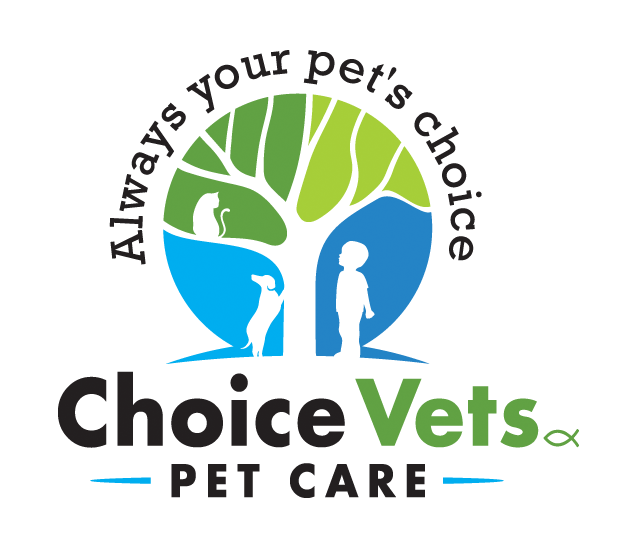Bethanechol Chloride
What is bethanechol chloride?
 Bethanechol chloride (brand names: Urecholine®, Duvoid®, Myotonachol®, Muscaran®, Myo Hermes®, Myocholine®, Myotonine®, Ucholine®, Urocarb®, Urotonine®) is used to increase bladder contractions when the bladder has been weakened or when the bladder cannot completely empty. It may also be effective in increasing the movement of the esophagus.
Bethanechol chloride (brand names: Urecholine®, Duvoid®, Myotonachol®, Muscaran®, Myo Hermes®, Myocholine®, Myotonine®, Ucholine®, Urocarb®, Urotonine®) is used to increase bladder contractions when the bladder has been weakened or when the bladder cannot completely empty. It may also be effective in increasing the movement of the esophagus.
Its use in cats, dogs, or horses to increase urinary or intestinal movement/activity is off label (extra label). Many drugs are commonly prescribed for off-label use in veterinary medicine. “Off label” means the drug is being used in a way that has not been reviewed or approved by the U.S. Food and Drug Administration (FDA) or Health Canada. In these instances, follow your veterinarian’s directions and cautions carefully, as they may be significantly different from those on the label.
How is bethanechol chloride given?
- Bethanechol chloride is given by mouth in the form of a tablet or a compounded liquid suspension. It may also be given as an injection in the hospital.
- It should be given on an empty stomach; however, if vomiting occurs when dosed on an empty stomach, give future doses with food.
- Measure liquid forms carefully.
- This medication will take effect quickly, in about 1 to 2 hours, and improvement in clinical signs should follow.
What if I miss giving my pet the medication?
If you miss a dose, give it as soon as you remember, and then continue with the regular dosing schedule. However, if it is almost time for the next dose, skip the missed dose and resume the regular dosing schedule. Do not give the pet two doses at once.
Are there any potential side effects?
Bethanechol chloride may cause the following side effects:
- Vomiting
- Diarrhea
- Drooling
- Lack of appetite
In horses, side effects include:
- Watery eyes
- Drooling
- Colic
Serious adverse reactions may occur. If any of the following signs develop, stop giving bethanechol chloride and contact your veterinarian immediately:
- Abnormal or slow heart rhythms
- Weakness
- Collapse
- Wheezing
- Difficulty breathing
- Coughing
Other side effects may occur. If you notice anything unusual, contact your veterinarian immediately. This short-acting medication should stop working within 24 hours, although effects can be longer in pets with liver or kidney disease.
Are there any risk factors for this medication?
DO NOT USE this medication in pets that:
- Are allergic to it
- Have urinary obstruction
- Have stomach ulcers
- Have gastrointestinal obstructions
- Have intestinal inflammation
- Have recent intestinal, stomach, or bladder surgery
USE WITH CAUTION in pets that:
- Have overactive thyroid
- Have seizures
- Have asthma
- Have bronchitis
- Have low blood pressure
- Are pregnant or lactating (safety has not been established)
Are there any drug interactions I should be aware of?
Several medications should be used with caution when given with bethanechol chloride, including:
- Anticholinergic drugs
- Cholinergic drugs
- Ganglionic blocking drugs
- Procainamide
- Quinidine
Certain medications may interact with bethanechol chloride, so be sure to tell your veterinarian about any medications (including vitamins, supplements, or herbal therapies) that your pet is taking before starting any new treatment.
Is any monitoring needed with this medication?
- Your veterinarian may monitor your pet to be sure that the medication is working by monitoring urination frequency, urine amounts, and bladder size via palpation.
- At home, monitor for any side effects such as those noted above. If any occur, stop using the medication and contact your veterinarian.
How do I store bethanechol chloride?
- Store the tablets at room temperature between 68°F and 77°F (20°C and 25°C) in a tight container.
- Store the compounded liquid form according to the label and protect from light.
What should I do in case of emergency?
If you suspect an overdose or an adverse reaction to the medication, call your veterinary office immediately. If they are not available, follow their directions in contacting an emergency facility. Be prepared to provide information about the product and your pet’s weight and symptoms.
© Copyright 2025 LifeLearn Inc. Used and/or modified with permission under license. This content written by LifeLearn Animal Health (LifeLearn Inc.) is licensed to this practice for the personal use of our clients. Any copying, printing or further distribution is prohibited without the express written consent of LifeLearn. This content does not contain all available information for any referenced medications and has not been reviewed by the FDA Center for Veterinary Medicine, or Health Canada Veterinary Drugs Directorate. This content may help answer commonly asked questions, but is not a substitute for medical advice, or a proper consultation and/or clinical examination of your pet by a veterinarian. Please contact your veterinarian if you have any questions or concerns about your pet’s health. Last updated on Apr 10, 2025.


